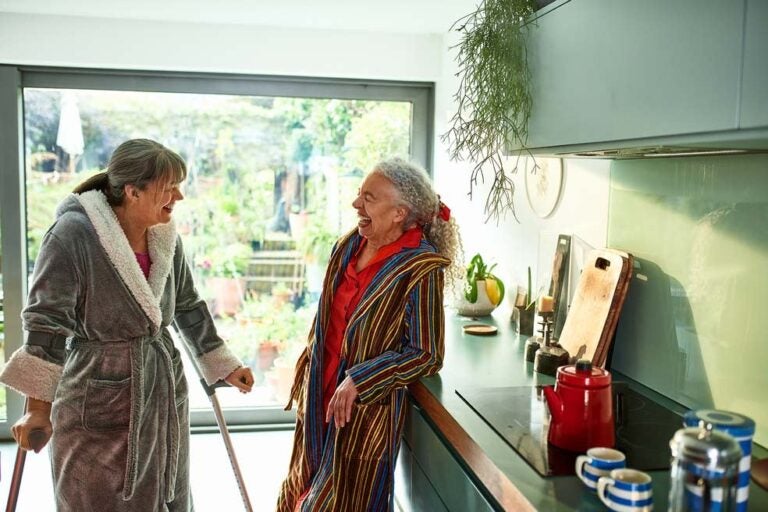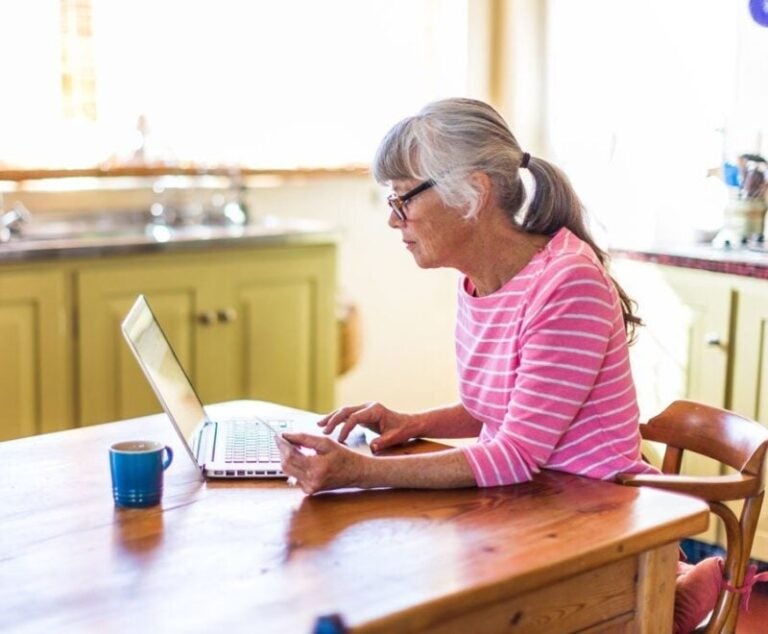For retirees seeking additional sources of income and cash flow, a reverse mortgage can be an appealing option. But can you rent out a house with a reverse mortgage? If you hope to rent the property and move somewhere else, you won’t qualify for a reverse mortgage. However, you can rent out a room or other units on a multi-unit property if you also live there.
Reverse mortgage requirements
One of the main requirements for taking out a reverse mortgage is that the property is the homeowner’s primary residence. That means you can’t have a reverse mortgage on a house you rent out and don’t live in. In addition to the residence requirement, to qualify for a reverse mortgage, you must:
- Typically be 62 years or older.
- Have a significant amount of equity in your home.
- Adequately maintain the home.
- Pay insurance, tax, and any association dues associated with the property.
- Undergo counseling from a HUD-approved counselor.
What does primary residence mean?
For most homeowners, the property they own is considered their primary residence. Regardless of whether you buy a townhouse, condo, or single-family home, the government provides certain tax benefits when you reside in the home you buy. For example, when you buy a house and live there, you can deduct the mortgage interest you pay. You can also exclude any capital gains tax when you sell the property (to certain limits).
When you have a reverse mortgage, you are required to maintain the property as your primary residence. That means you have to live in the home for more than half the year to qualify. The property ceases to be a primary residence if no borrowers on the loan have lived there for more than twelve months.
Can I rent a room or get a roommate?
Though you’re not allowed to rent out a reverse mortgage property in its entirety, you can have a roommate or roommates, and you are allowed to charge them to live in your home. In fact, many retirees have found sharing their home is an excellent way to stay socially connected and add an additional source of income to your budget.
If you own a multi-unit property with 2-4 units, you can still qualify for a reverse mortgage, provided one of the units is your primary residence.



